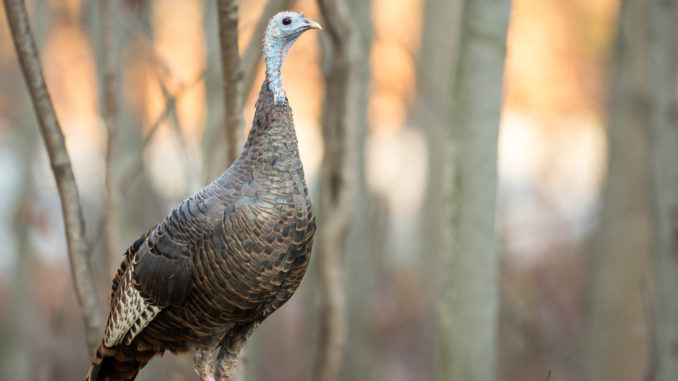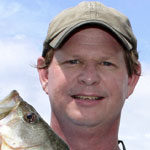
If you accidently shot a hen or gigged an undersized flounder
Last week, we ran an article posing the question of what would you do if you inadvertently gigged an undersized flounder or accidentally shot a hen while killing a gobbler. Our readers provided some good feedback and a variety of answers.
The answers ranged from “it would never happen to me” to “I would call the game warden before doing anything else” to “I would take my chances on getting fined because it’s the only way to really take responsibility for my mistake.”
One reader even commented that he had, in fact, killed a hen while shooting a gobbler. He buried the hen, and made donations to the NWTF and his state’s wildlife resources department.
I had the chance to speak to two game wardens since we ran that article, and asked for their thoughts on the matter. Though they didn’t specifically ask to not be named, I’ve decided to keep their identities anonymous. This is partly because they weren’t officially speaking for their departments, and because we would hate to see anyone take advantage of their stances.
Concerning the flounder, one of the game wardens said the right thing for anyone to do in that situation is to release the flounder immediately.
“I can’t tell you the number of flounder I have seen in creel studies or caught on my own that had obvious signs of being previously gigged. I’m not saying they all survive, but I believe far more than half of them do. I’ve seen way too many that had clearly been gigged at some time in the past, so the survival rate is higher than you’d think. In my mind, that is the only correct answer to someone that’s gigged an undersized flounder,” he said.
The second game warden agreed.
“You’d be surprised at what they can survive, even when gigged in the head area,” he said.
Killing a hen by accident is another matter. They can’t be released. Both game wardens also had similar answers here.
“If a hunter calls me and tells me what happened, I’m going to proceed to the site, and if it appears to me that they are telling me the truth, I will write a warning ticket and thank them for their honesty. If they don’t call, and I find the hen while doing a routine check, I’m going to write them a ticket for the maximum fine,” he said.
The second game warden said pretty much the same thing when it comes to the hunter calling him before removing the hen from the scene, but differed somewhat in how he would handle things if he found the hen while doing a routine check.
“If they call me and tell me what happened, and I believe them, then we’re good. I will write a warning ticket and send them on their way. If I find the hen in a routine check, it’s going to be tougher, but not impossible for them to convince me it was an honest mistake,” he said.
“If the hunter says he shot a gobbler and the same shot killed the hen, I’m going to get the hunter to take me to the spot he shot the turkeys from. If I find one shell casing, and the angle he shows me looks reasonable to think one shot could have killed both turkeys, I’m going to find it easier to side with the hunter. If there’s two identical fresh shell casings, or if it is evident that the two turkeys were no where near each other, or lined up to the hunter, I’m going to come down real hard on that hunter,” he said.
In any case, both game wardens said whether they wrote a warning ticket or the maximum fine, they would confiscate the hen every time. The same goes for any undersized flounder not released.


Be the first to comment